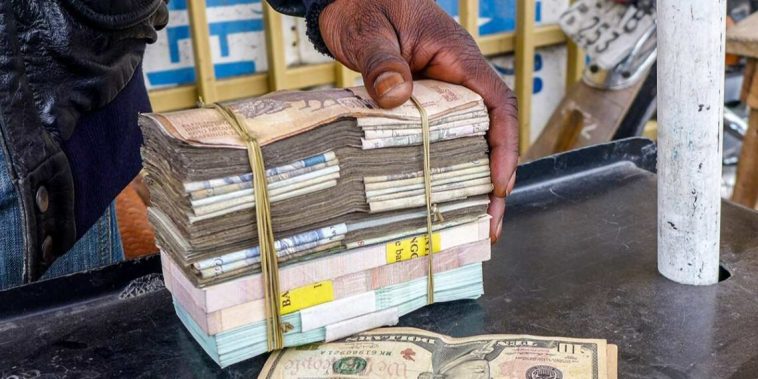Congo’s National Assembly declared the government’s draft 2026 finance bill admissible, clearing the way for a detailed review of the country’s spending and revenue plans for next year. The vote came after more than six hours of debate, during which lawmakers pressed the government on fiscal priorities and raised concerns over the recent sharp appreciation of the Congolese franc.
The currency has strengthened significantly against the U.S. dollar over the past three months — a trend welcomed by the government but viewed by some deputies as potentially destabilizing for revenue forecasts built on earlier exchange-rate assumptions.
“Regarding the appreciation of the franc, which has generated many comments and concerns, I would like to invite Honourable Deputies to observe that market forces have moved in a way that reduced exchange-rate volatility,” Prime Minister Judith Suminwa told lawmakers. “The franc moved from 2,900 to the dollar to 2,100 before stabilizing around 2,450, following decisions taken by the government.”
She cited several measures: strengthened price-control missions, mandatory price-display rules, successive reductions in fuel pump prices, tighter oversight of fuel-imported volumes, and the Central Bank’s monitoring of liquidity to curb speculative behavior.
Suminwa said the franc had appreciated by 34.2% on the official market and 31.7% on the parallel market between late August and mid-October. “This performance is the result of combined budgetary and monetary efforts,” she said.
“Naturally, this appreciation has repercussions on the level of budget projections, which were based on figures as of end-June.”
The draft 2026 budget stands at 59,021 billion Congolese francs, a 16% increase from the revised 2025 budget. It was previously approved by the Council of Ministers after being presented by Budget Minister Adolphe Muzito.
Following Tuesday’s vote, the bill will move to the Assembly’s Economic and Financial Commission (Ecofin) for a line-by-line review of macroeconomic assumptions, sectoral priorities and projected revenues before returning to the plenary for a final vote.
The debate comes roughly 30 days before the close of the September ordinary session, known as the budget session. It follows the Assembly’s earlier decision to receive the 2024 accounts-rendering bill presented by Finance Minister Doudou Fwamba.
M&B





